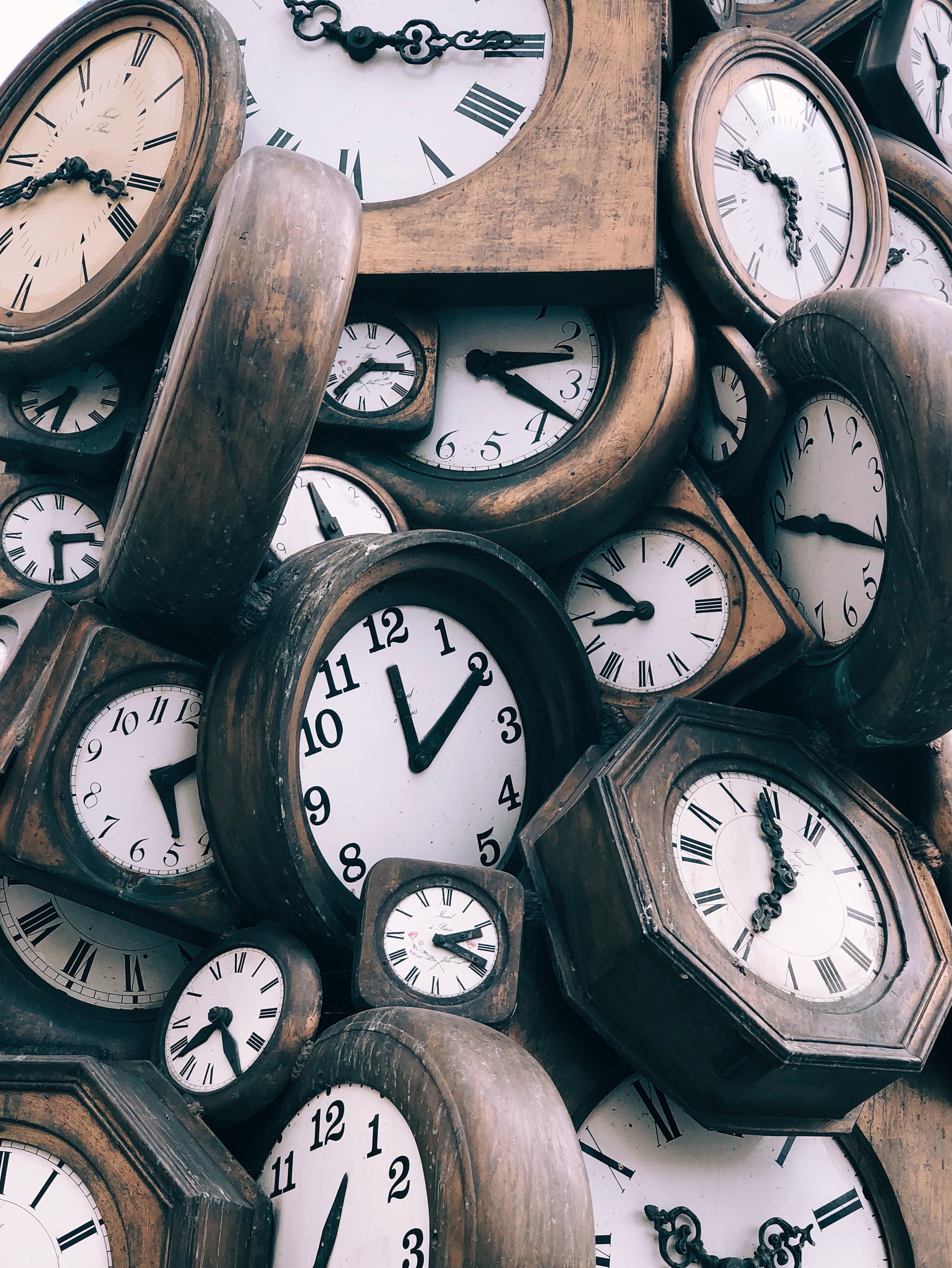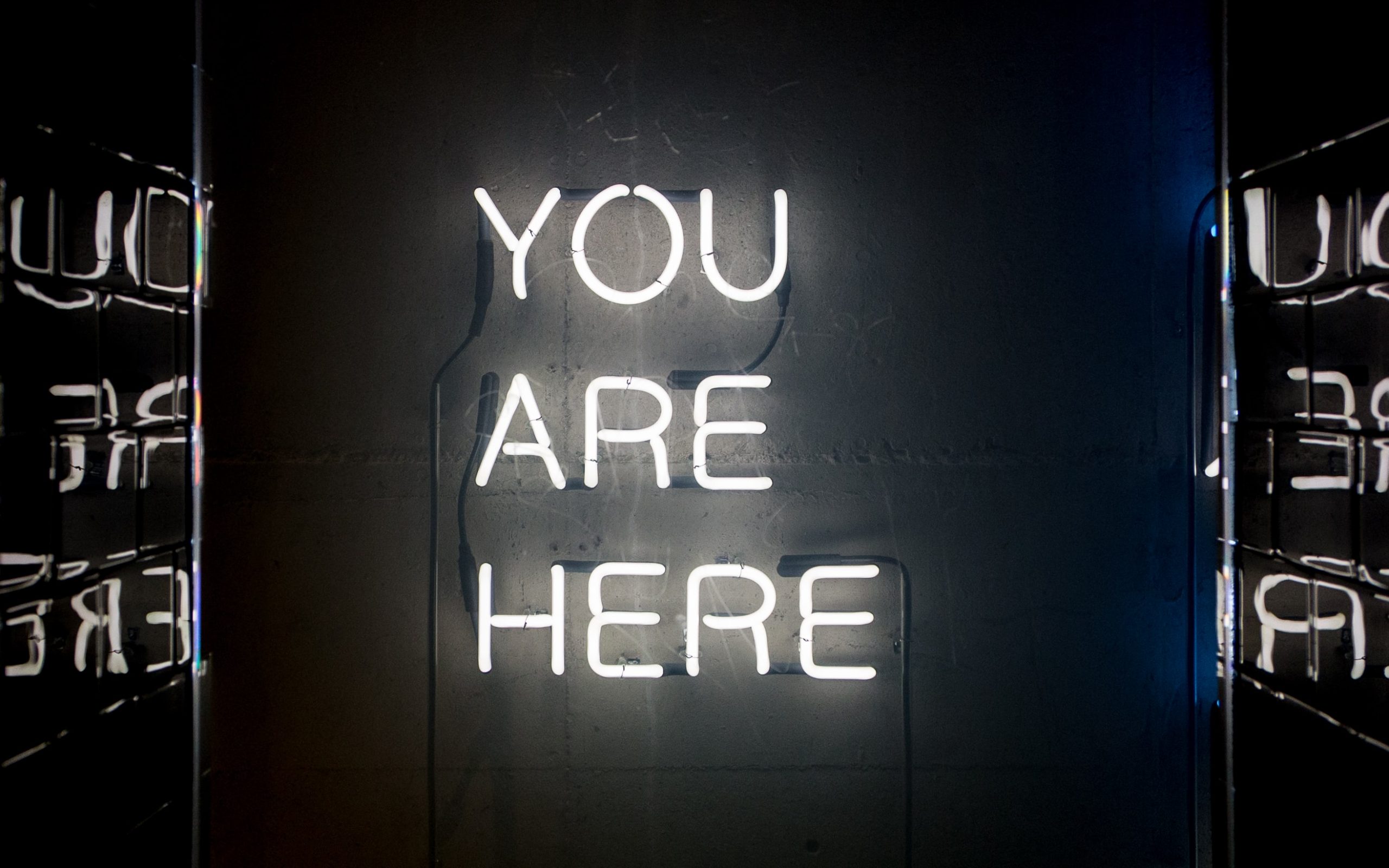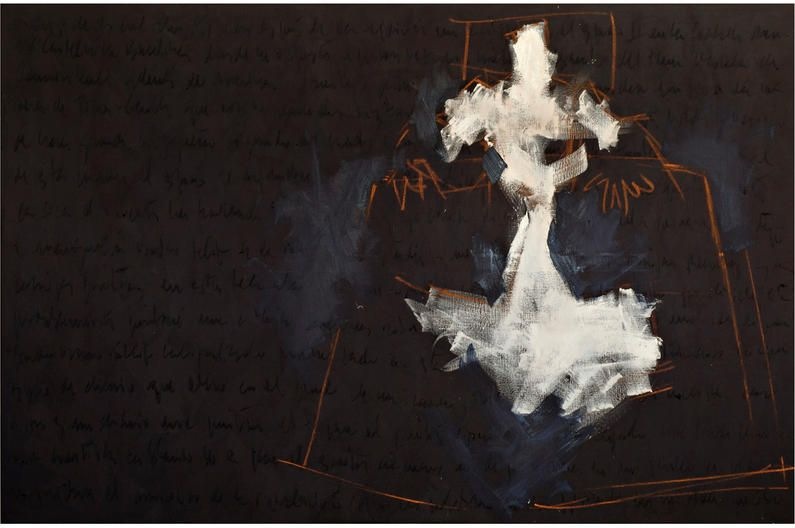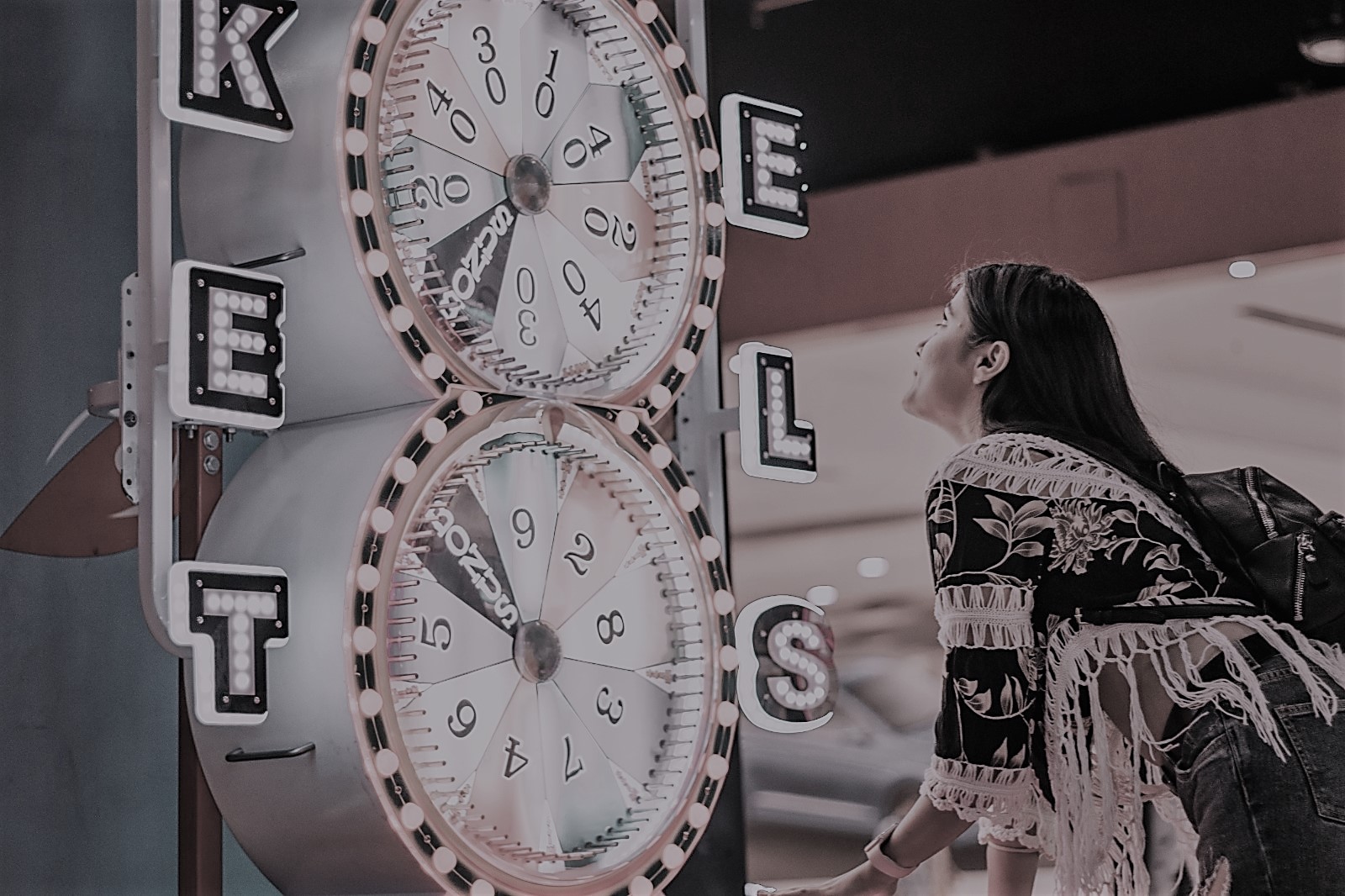Autora: María José Núñez
Hace tiempo que queríamos hablar de la creatividad en el universo de los Personal Angel. La capacidad de generar y provocar nuevas ideas y de florecer realidades originales también forma parte de este mundo. Y vamos a analizar por qué…
Cuando hablamos del concepto ‘creatividad’ en esta profesión, estaremos haciendo alusión a muchas de esas funciones que conllevan una innegable aptitud para ingeniárselas frente a todo… Y ahí entraría, por ejemplo, la ejecución de experiencias a medida, la disposición para trabajar bajo presión, la elevada exigencia del cliente de alto poder adquisitivo…
Al final, la cualidad de ser creativo en un PA la hallamos en situaciones como éstas:
- Es tener la facultad para solucionar problemas y encontrar la forma de lograr lo que el cliente demanda.
- Es encontrar la inspiración para diseñar fiestas, celebraciones e ideas.
- Es conquistar y no copiar a otros, sino que quien te contrata tenga lo nuevo, lo más insólito, lo último… es decir, lo que no existía.
Y ahora es cuándo surge la pregunta… ¿la creatividad de dónde nace en la asistencia personal? ¿y cómo lograr, de verdad, ser -expresémoslo así- más creativos y genuinos que nadie? En la figura del Ángel Personal -como en la vida- crear, extraer ideas novedosas, diferentes, singulares, e incluso, asombrosas, no siempre surge sin más. Pero sí existen las herramientas para que la creatividad fluya de manera generosa cuando lo necesitas.
Existen libros excelentes que hablan sobre creatividad, con ideas extrapolables al mundo Personal Angel. Tal es el caso de ‘Thinker toys’, que muestras muchos recursos para enriquecer -tanto a ti como a tu empresa- con múltiples recursos con los que disponer de esa eterna búsqueda de inventiva. ¡Nos parecía interesante citarlo! Pero vayamos directamente a las cuestiones que nos ocupan…
¿Cómo voy a ser capaz de ofrecer soluciones a obstáculos que se interponen en mi camino y que el cliente pide que me encargue de solventar? Ante todo, con confianza en ti mismo y en tus posibilidades. Como Personal Angel titulado, has alcanzado las nociones, tanto académicas como de actualización en lifestyle, lujo y todo tipo de materias, competencias y habilidades, que te garantizan como ‘generador’ de un abanico abierto de posibilidades. Y con todo ello, un ‘escudo’ con el que poder actuar y enfrentarte a hándicaps y tesituras con los que, ya previamente, conoces de qué manera ‘batallar’.
Respecto a la inspiración que hemos mencionado… ¿de dónde procede esa INSPIRACIÓN? Ésta surge, por supuesto, del conocimiento del mercado o del campo en el que trabajemos. Estudiando y observando todo aquello que tenga que ver con el ámbito en el que estemos trabajando, nos dará una visión global, nos empapará de información; y a continuación, lo asimilaremos, lo haremos nuestro, y de ahí surgirán las ideas más personales, creativas, e incluso distintas e influyentes para otros. El conocimiento, por lo tanto, va siempre muy ligado a esta creatividad que buscamos. Independientemente, claro está, de la capacidad innata de un PA para gestar planes, proyectos y nociones antónimos a lo corriente o común.
Con esto último volvemos a la clave inicial de ‘conquistar y no copiar al resto’. Si visualizamos lo que sucede a nuestro alrededor para conocer estilos de vida, las experiencias ‘de moda’ y las tendencias de hoy parece casi imposible no acabar reproduciendo lo que hace el de enfrente. No obstante, ahí se sumarán a este engranaje cliente-PA factores como la experiencia (cuanto más tiempo lleves trabajando, mayores contactos, proveedores y soluciones a tu mano obtendrás), la resolución y la rapidez; para alcanzar esa ‘conquista’ en ser el primero, o el más eficaz o, simplemente, ese ‘ángel’ que tú quieres ser, y por supuesto, que tú cliente quiere y necesita que seas: un creador de sueños.
Todos los derechos reservados ©by Alberta La Grup
Si quieres publicar este artículo o fotografía, está bien. Sólo debes incluir la biografía, autor y esta información sobre los derechos. Gracias.
Créditos fotografía: Unsplash
Traducción: Olga Cherkasova.










